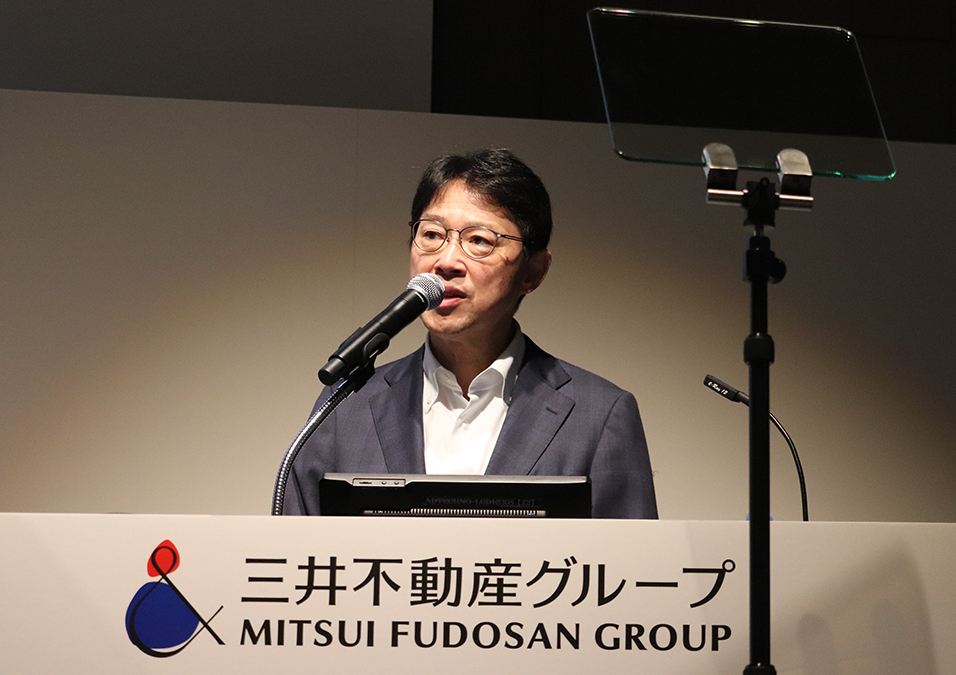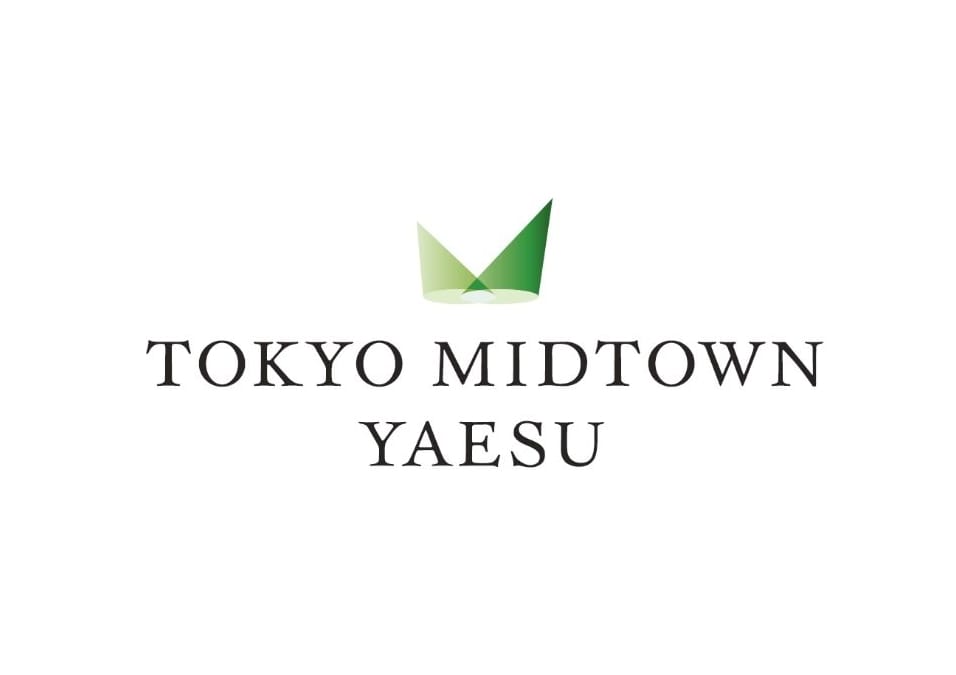Sustainability Approach of the Mitsui Fudosan Group

Materiality: GROUP MATERIALITY (Priority Issues)
Guided by the meaning of "&", "to generate new value through cooperation, coexistence and co-creation, we forge ahead innovating" Mitsui Fudosan is working toward the "creation of social value" and the "creation of economic value" as two wheels of a cart. Creating social value leads to the creation of economic value, which in turn leads to the creation of even greater social value.
The Company identified GROUP MATERIALITY as a priority issue when formulating its new management philosophy in April 2024. Moving forward, we will contribute to sustainability by addressing this issue through our core business.
Materiality Identification Proces
Mitsui Fudosan has clarified its thoughts on six materialities, including the identification of social issues, that reflect the perspectives of various stakeholders.
STEP1 Identify social issues
- Identify issues related to the real estate industry based on social and other issues specified by various means, including laws and regulations, international standards, and evaluation organizations.
- Sorting the identified issues and organize into 24 categories (Diagram 1).
[Diagram: Social Issues]
| Category |
Social Issue |
Environment |
Mitigating climate change Preparing for disasters Conserving water resources Transitioning to a circular economy Preventing and controlling environmental pollution Preserving biodiversity Maintaining a green environment while taking into consideration the landscape
|
People and Society |
|
| Category |
Social Issue |
People and Society |
Promoting wellness among building users Realizing an inclusive society Addressing the declining population and aging of the society Improving experiential value
|
Economy and Affluence |
|
Governance |
Building strong governance Ensuring compliance Engaging in risk and crisis management Promoting cyber security Addressing geopolitical risks
|
STEP2 Undertake an assessment of materiality from a social perspective
Undertake an assessment and rank the materiality (areas of interest and expectations) of the 24 categories identified from the perspectives of the Group's stakeholders (including customers, employees, shareholders, public authorities, NGOs, external evaluation organizations).
STEP3 Undertake an assessment of materiality from the Company's perspective
STEP4 Identify important issue items
Map each issue with the STEP 2 assessment as the vertical axis and the STEP 3 assessment as the horizontal axis (Diagram 2).
Identify the "18 important items" that the Group should specifically address, taking into consideration both the social and Company's perspectives.
[Diagram 2: Social Issue Matrix]
![[Diagram 2: Social Issue Matrix]](/english/esg_csr/img/approach/materiality/img_01.svg)
Materiality Identification
Classify 18 important social issues and identify materialities that express each theme. The Board of Directors headed by the Chairman, and The Executive Management Committee headed by the Chief Executive Officer, hold deliberations on Group Materiality, after which decisions are made.

Mitsui Fudosan: GROUP MATERIALITY (Priority Issues)

Opinions from External Stakeholders (Experts) on Materiality
We received the candid opinions of experts with diverse backgrounds and expertise on identifying materiality, which were reflected in the materiality identification process.
- Tomonari Yashiro
- President, Tokyo City University
- Katsuhiko Kokubu
- Professor at the Graduate School of Business Administration, Kobe University




























![[Diagram 2: Social Issue Matrix]](/english/esg_csr/img/approach/materiality/img_01.svg)






